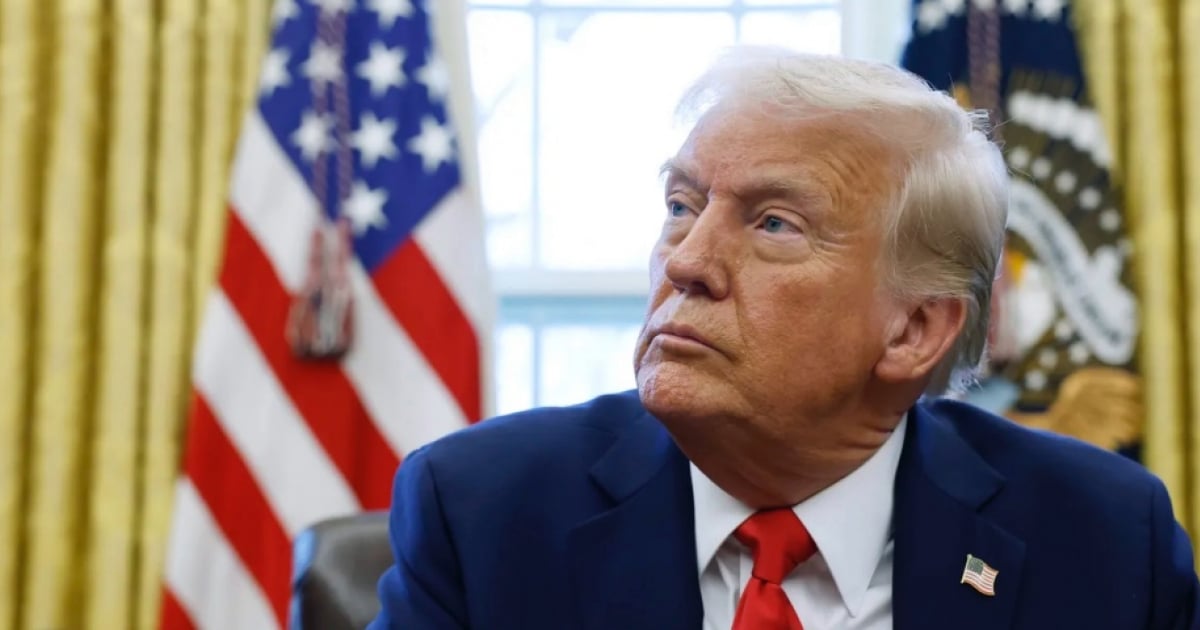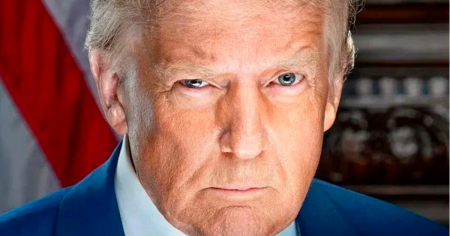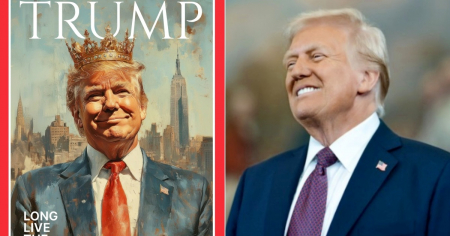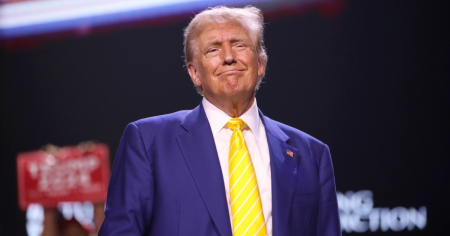
Related videos:
The president Donald Trump has signed an executive order granting the White House unprecedented control over the independent regulatory agencies established by the United States Congress.
This measure, which accelerates the efforts of his administration to centralize power in the Executive, has significant implications for the government structure and the independence of these entities.
The decree signed by Trump establishes that regulatory agencies such as the Securities and Exchange Commission (SEC), the Federal Trade Commission (FTC), the Federal Communications Commission (FCC), and the National Labor Relations Board (NLRB), among others, must report directly to the White House.
This represents a radical change in its operation, as these agencies were established independently from the Executive to regulate key sectors of the economy and government, according to several U.S. media outlets.
From now on, these agencies must submit their regulatory projects to the White House for review and approval, granting the president the ability to block initiatives that do not align with his priorities.
Additionally, the order stipulates that interpretations of the law made by the president and the Department of Justice will be binding on all agencies.
The order also allows the Office of Management and Budget (OMB), currently led by Russell T. Vought, to withhold funds allocated for any project or initiative that conflicts with Trump's policies.
In 2023, Vought stated that the goal of his proposals for a future Republican government would be: "To identify the centers of independence and take control of them."
Justification of the measure
The White House has defended the executive order, arguing that it seeks to ensure accountability of all federal agencies to the American people.
According to the document, "Article II of the United States Constitution grants all executive power to the president, meaning that all officials and employees of the executive branch are subject to his supervision."
Among the agencies affected by the order is the Federal Reserve (Fed), whose independence has been a fundamental pillar in U.S. monetary policy.
Although the order does not affect his ability to make decisions regarding interest rates, it does grant the president oversight over other functions, such as the regulation of Wall Street and financial institutions.
In the past, Trump has expressed his frustration over not being able to directly influence the Fed's monetary policy.
Precedents and resistances
This is not the first time Trump has attempted a similar reform.
During his first term, his team drafted a decree with similar features, but the president himself never signed it due to concerns from his advisors about its legality and the potential negative impact on financial markets.
Nevertheless, Trump has consistently defended the idea of expanding presidential power.
In 2017, when he attempted to fire special prosecutor Robert S. Mueller, he stated that Article II of the Constitution granted him "the right to do whatever I want as president."
Constitutional law experts have warned that Trump's order represents a direct attack on the government structure established by Congress.
The order has also raised concerns among economists and politicians who see it as an attempt to undermine the separation of powers.
The swift dismissal of leaders from independent agencies following the signing of the decree has reinforced these concerns.
According to some analysts - cited by The New York Times - this move could lead to a judicial conflict if Congress or the affected agencies decide to challenge the order in court.
Frequently Asked Questions about Trump's New Executive Order
What does Trump's new executive order on regulatory agencies imply?
The new executive order signed by President Donald Trump grants the White House unprecedented control over independent regulatory agencies, such as the Securities and Exchange Commission (SEC) and the Federal Trade Commission (FTC). These agencies must now report directly to the Executive, which centralizes power in the president and allows for the blocking of initiatives that do not align with presidential priorities.
How does this order affect the independence of regulatory agencies?
The executive order represents a radical change in the functioning of regulatory agencies, which were created independently of the Executive to regulate key sectors of the economy. Now, their regulations must be reviewed and approved by the White House, which could erode the separation of powers and the role of Congress in government oversight.
What impact will the new presidential oversight have on the Federal Reserve?
Although the order does not affect the Federal Reserve's (Fed) ability to make decisions regarding interest rates, it does grant the president oversight over other functions, such as regulating Wall Street. This could influence key areas of economic policy, a realm where Trump has expressed interest in having more influence.
What reactions has the executive order provoked in the political and economic spheres?
The executive order has generated concerns among constitutional law experts and economists, who see it as an attempt to undermine the separation of powers and increase presidential control over the government. Some analysts predict potential legal conflicts if Congress or the affected agencies decide to challenge the order in court.
Filed under:





